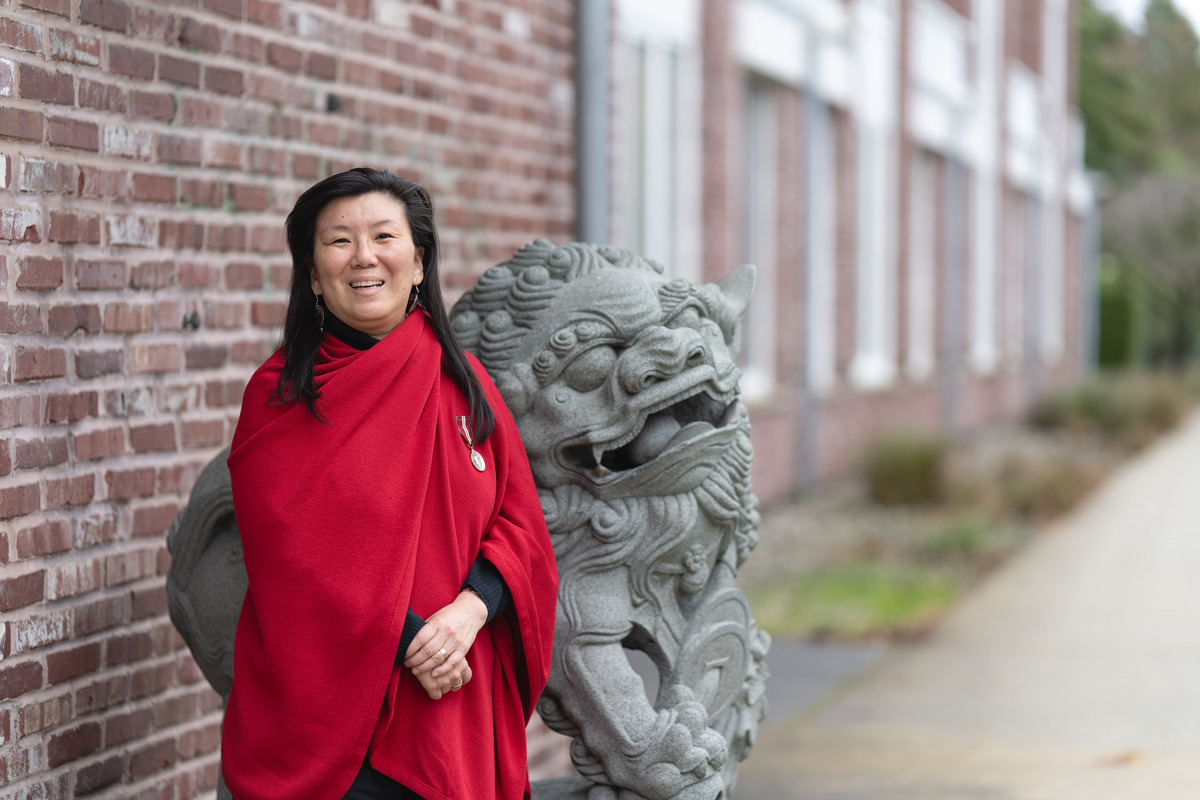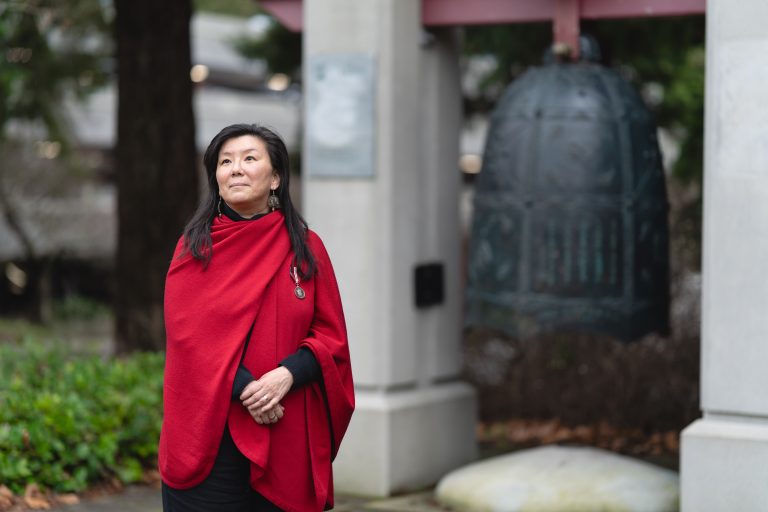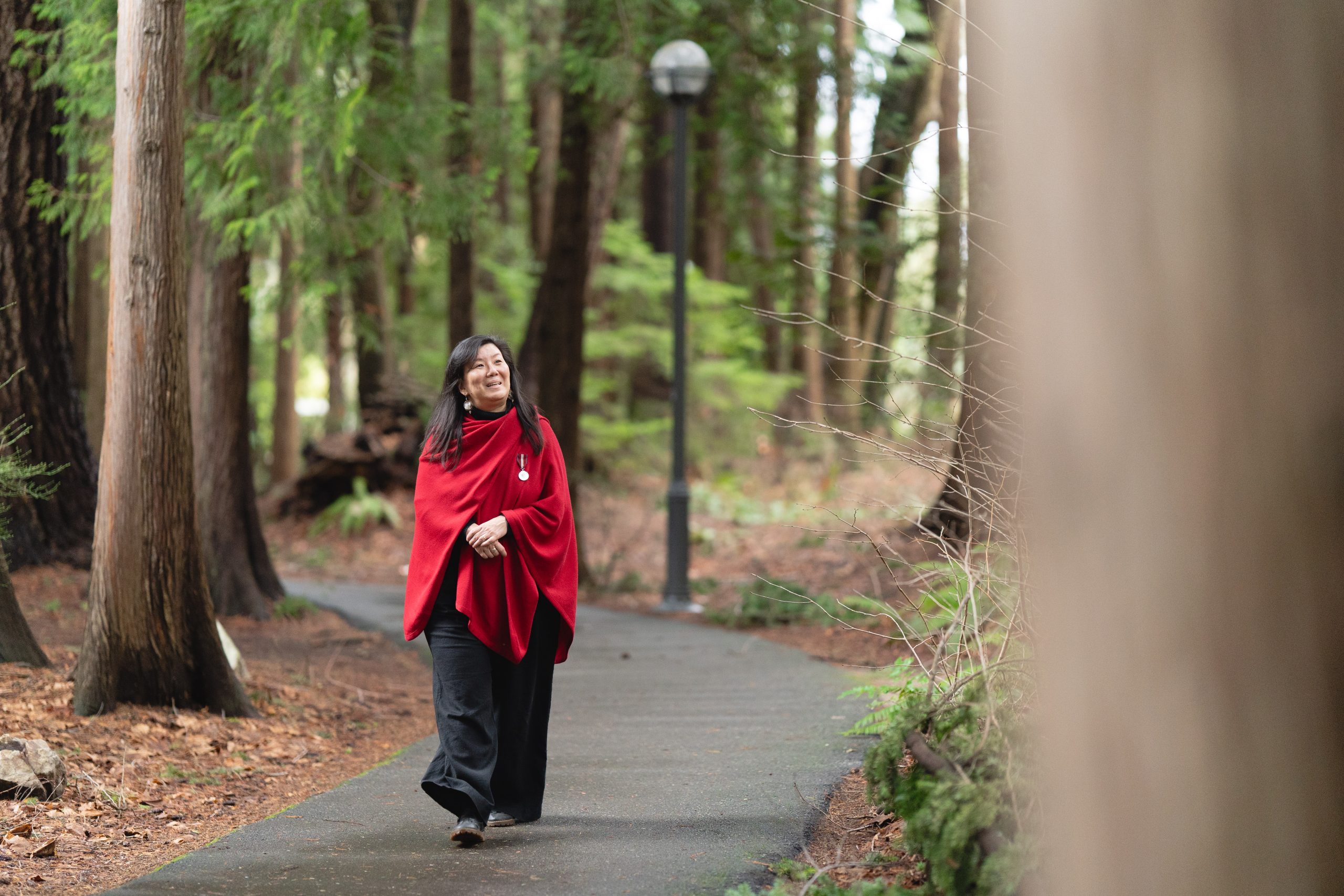

This Winter 2024, SPPGA welcomes practitioner fellow Mia Yen who is career foreign service officer. She most recently served as Consul General of Canada in Seattle, with accreditation for Washington State, Oregon, Idaho and Alaska. She is Canada’s first female Consul General in Seattle since the mission was opened in 1953.
We caught up with Mia to ask her a little bit about her background and what she’s looking forward to as she joins SPPGA this winter as a policy practitioner fellow:
What has been a meaningful moment in your career that underscores the need for good public policy?
I was six months into starting a new assignment as a deputy director responsible for bilateral commercial relations with South Asian countries within Canada’s Department of Foreign Affairs and International Trade when I received a call from the Deputy Minister of the Afghanistan Task Force at Canada’s Privy Council Office (PCO-ATF). I was asked to join his team – by the end of the month! I first started as deputy director of operations and then, six weeks later, was “promoted” to director of operations.
The standing up of PCO-ATF was a recommendation of the Independent Panel on Canada’s Future Role in Afghanistan, also known as “The Manley Panel” as it was chaired by former Deputy Prime Minister, John Manley. Then-Prime Minister Harper had tasked the panel with analyzing options for Canada’s future involvement in Afghanistan. PCO-ATF – a high performing multi-disciplinary and multi-departmental integrated civilian-military 25-person team – had a mandate which included “… strategic policy development and integration [and] coordination of the Government’s activities and operations in Afghanistan.” This was a significant institutional innovation at the time, reflecting Canada’s “whole of government” approach in Afghanistan.


During my two and one-half years at PCO, officials from over 10 departments and agencies, including the Canadian Armed Forces (CAF), were represented on the ATF. While providing advice directly to the Prime Minister, the creation of PCO-ATF was able to achieve greater cross-government coherence and stronger coordinating efforts. More than 40,000 CAF members served in Afghanistan as part of the NATO International Security Assistance Force (ISAF) from 2001 to 2014, making it the largest Canadian military deployment since the Second World War.
Public policy is absolutely critical in incorporating peace and security issues, as well as strengthening capabilities, for dealing with huge global turbulence and conflict. Many lessons can be drawn by different folks on Canada‘s role in Afghanistan but for me – I have been left with an overwhelming sense of pride in the Canadian Armed Forces and federal public servants.
What are you most looking forward to engaging in as an SPPGA Practitioner Fellow?
As a practitioner fellow, I am most looking forward to engaging with the SPPGA community: students, faculty and staff. I hope to provide both a roadmap and flashlight to help them better understand the structures that enable Canada’s international relations. I look forward to sharing my knowledge and experience about Canada’s foreign policy organization. I am just one source, but have long experience of working in “Fort Pearson” and am happy to share.
There is nothing simple about Canada‘s foreign policy/international relations machinery of government. Up until the 1980s, there was a freestanding foreign ministry, aid agency, and trade ministry combined with the department of industry. Since then, there has been a steady integration and enlargement of functions evolving into today’s Global Affairs Canada with a number of ministers and deputy ministers, each of whom has their own mandates and priorities, and ways of working. This has produced a challenging network of cooperation and coordination among the parties. And of course, now many federal departments and agencies and the provinces have expanding international relations units which also contribute to the mix.
I am also eager to work with students on their Global Policy Projects. I know there is great interest amongst SPPGA students in international careers and the foreign service. I would like to offer practical insights based on my experience in international affairs as a racialized cis woman; perhaps I can also help demystify some of the misconceptions that are prevalent about the demands and rewards of being a diplomat, both professional and personal.
After years of riding the merry-go-round of policy and operations at increasing velocity, I welcome this opportunity to engage with the SPPGA community.




